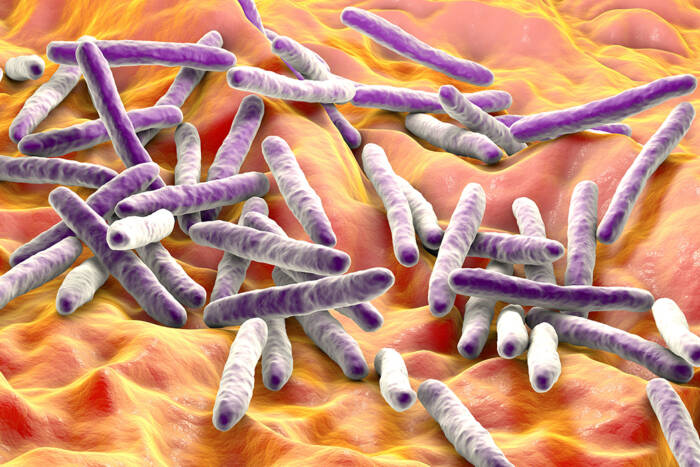Daniver Morales
B.Sc., Ph.D., University of Chile
A Map of Transcription: Factor Expression in Neuronal Precursors of the Chicken and Mouse Embryonic Cerebellum
presented by Mary E. Hatten
Daniver Morales came to us as a prestigious presidential scholar from Chile, where he graduated from university with high honors. Over the first few years that he was here, he endured things that many of us read about but never actually have experience with; the government decided that none of their students would be allowed out of the country, and so Daniver had to transfer to our program. Throughout this time, he was able to pursue a wonderful project defining the earliest moments of birth and characterization of cells in an area of the brain called the cerebellum, part of the cortex, which we have recently realized is essential to many higher cognitive functions such as reading and all sorts of complicated things.
Daniver’s goal is quite a wonderful one, and over the time he was here he did beautiful combinations of molecular biology and classical histology. He worked on tiny embryos just after the tube closes, and defined transcription factors which would tell us about how genes are regulated in these cells and uncovered a remarkably complex pattern of cell migrations that are required to pattern this early structure. His thesis was an opus, really, where he defined the ontogeny of all the cells in the emerging cerebellar cortex, and he is now beginning work as a postdoctoral fellow where he will apply things that he’s learned to understand stem cells that come from this. In particular, he is working with Nathaniel Heintz to use many of the new methods to profile gene expression, to understand just how good these stem cells are — whether they’re expressing five percent of the normal genes or 10 percent — which I think will be a very important contribution to our understanding of how to repair this important part of the brain.
Daniver’s long-range desire is to go back to his home of Chile, and to work in higher human cognition. And so this is a wonderful basis for that. I’m very proud of the work that he has done; it’s a beautiful and absolutely landmark paper, and I’m very happy to present him and his wonderful accomplishments today.



